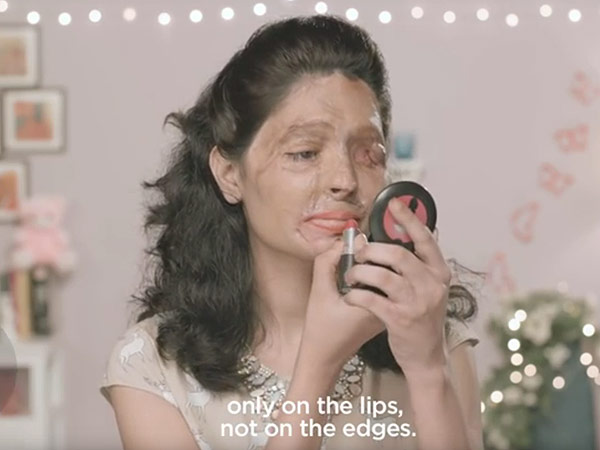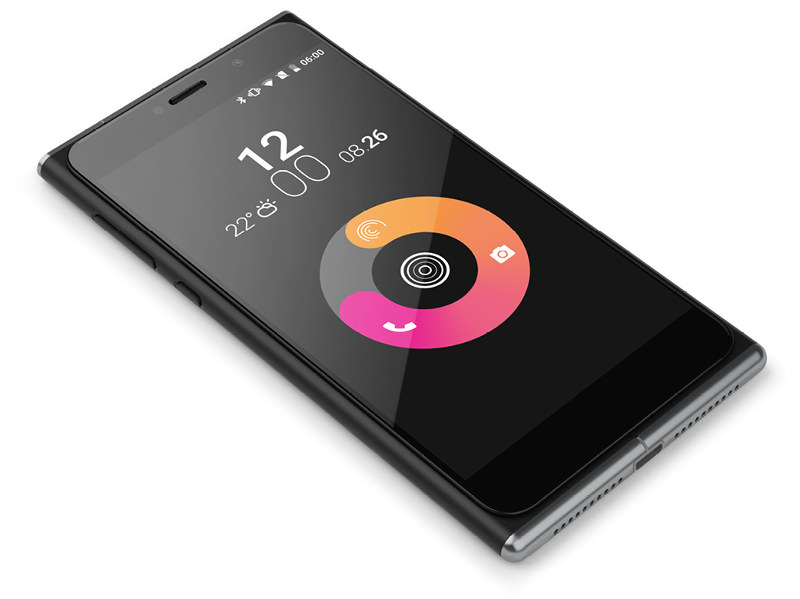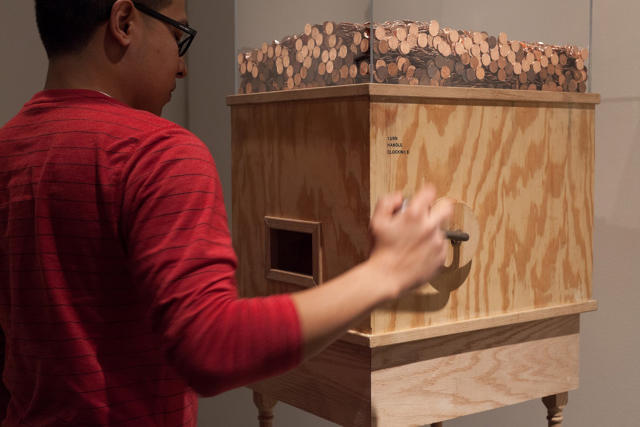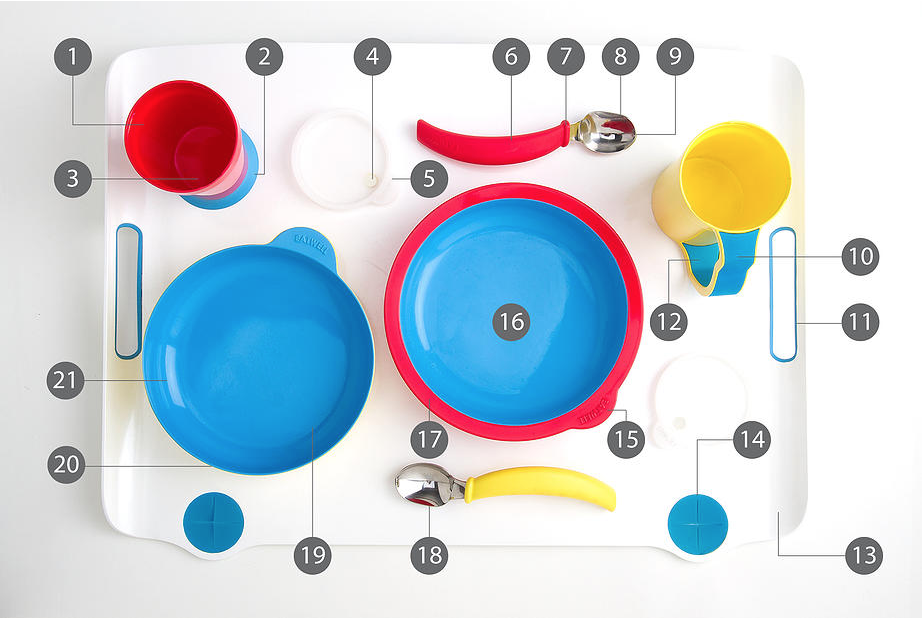Sustainability has been a growing trend in business for years now as climate change becomes a more prevalent threat, however, now technology companies especially have realized that sustainability is a good investment.
Sustainability “ensures business continuity by conserving resources,” and now more than ever, economic and environmental sustainability are vital to businesses’ longevity and productivity.
In 2014, Unilever CEO Paul Polman declared that climate change-related natural disasters are costing Unilever at least $300 million a year. To combat this, several companies have come up with ways to conserve energy and other natural resources.
Creating environmental products is one such step. Samsung, for example, has taken the lead and released a solar-powered laptop, as well as three “green” mobile phones made of corn starch bioplastic and have energy-efficient chargers and recyclable packaging.
In order to ensure the future of the planet–and technology–it’s up to other companies to follow in Samsung’s small carbon footprints.
What Sparks Our Fire: Companies taking on a greater accountability for their sustainability and making moves to make sustainability a universal practice.





